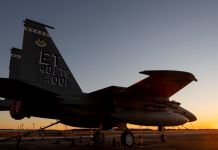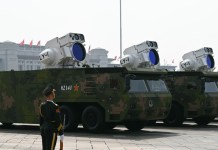In July 2021, Switzerland picked the US-made F-35 Lightning II fighter aircraft over French Rafale jets for its fighter fleet, an apparent snub for France. As the Swiss government readies for a deal for the F-35 this year, local media reports have exposed a French plan to woo the Swiss in Rafale’s favor.
France offered Switzerland a financial incentive to purchase French Rafale fighter jets rather than US F-35A aircraft, according to a confidential document obtained by Swiss public broadcaster SRF, reported Swiss Info.
The bartering was still going strong last summer, according to the document discovered by SRF, with France determined to convince Switzerland to change its mind and purchase its Rafale jets despite the latter’s decision to buy the American F-35s.
The Swiss electorate ratified the CHF6 billion ($6.2 billion) F-35A purchase in 2020, a year after receiving parliamentary approval in 2019. However, another popular campaign that targeted the F-35 for its expensive cost was started soon after the referendum that approved the American fighter jet for the Swiss Air Force.
The campaign against F-35 garnered enough support and signatures to hold another referendum against the aircraft. However, the Swiss government announced in May that it would go ahead with the signing of the deal for F-35s without waiting for the results of this referendum.
France reportedly started to build on the resentment against the F-35 in Switzerland, hoping for reconsideration by Geneva. The document that made the offer to the Swiss was signed by the French Economy and Finance Minister Bruno Le Maire on June 28, 2021.
Le gouvernement suisse a choisi l'avion de combat américain F-35A pour remplacer sa flotte vieillissante et le système de défense anti-aérienne Patriot, lui aussi proposé par un constructeur des Etats-Unis, selon un communiqué du Conseil fédéral publié mercredi.
— Christophe Vogt (@christophevogt) June 30, 2021
Unnamed sources informed SRF that Swiss government ministers had sought the counter-offer from France in addition to seeing the letter.
Le Maire proposed in the letter to recalibrate a Swiss-French agreement on taxing cross-border workers in favor of Switzerland to an estimated CHF3.5 billion.
In addition, he pledged France’s support for Switzerland as it negotiated a challenging period in its relations with the European Union. However, this did not influence Switzerland’s viewpoint.
The swiss decision to select the F-35 for its Air Force had reportedly angered French President Emmanuel Macron, who canceled a meeting with the Swiss President after the military deal setback.
According to SRF, the negotiations between Switzerland and France have also led to resentment between the Swiss foreign and finance ministries and the ministry of defense. All three ministries, as well as the French embassy in Bern and a representative for the cabinet, declined to comment.
F-35 Vs Rafale In Geneva
When evaluated from the perspective of the larger global arms market, the revival of the Rafale—once referred to as a “cursed aircraft” and now seen as a success story—does not appear as amazing, said Alexandre Vautravers, an expert on armaments and editor of the Swiss Military Review (RMS) to France 24.
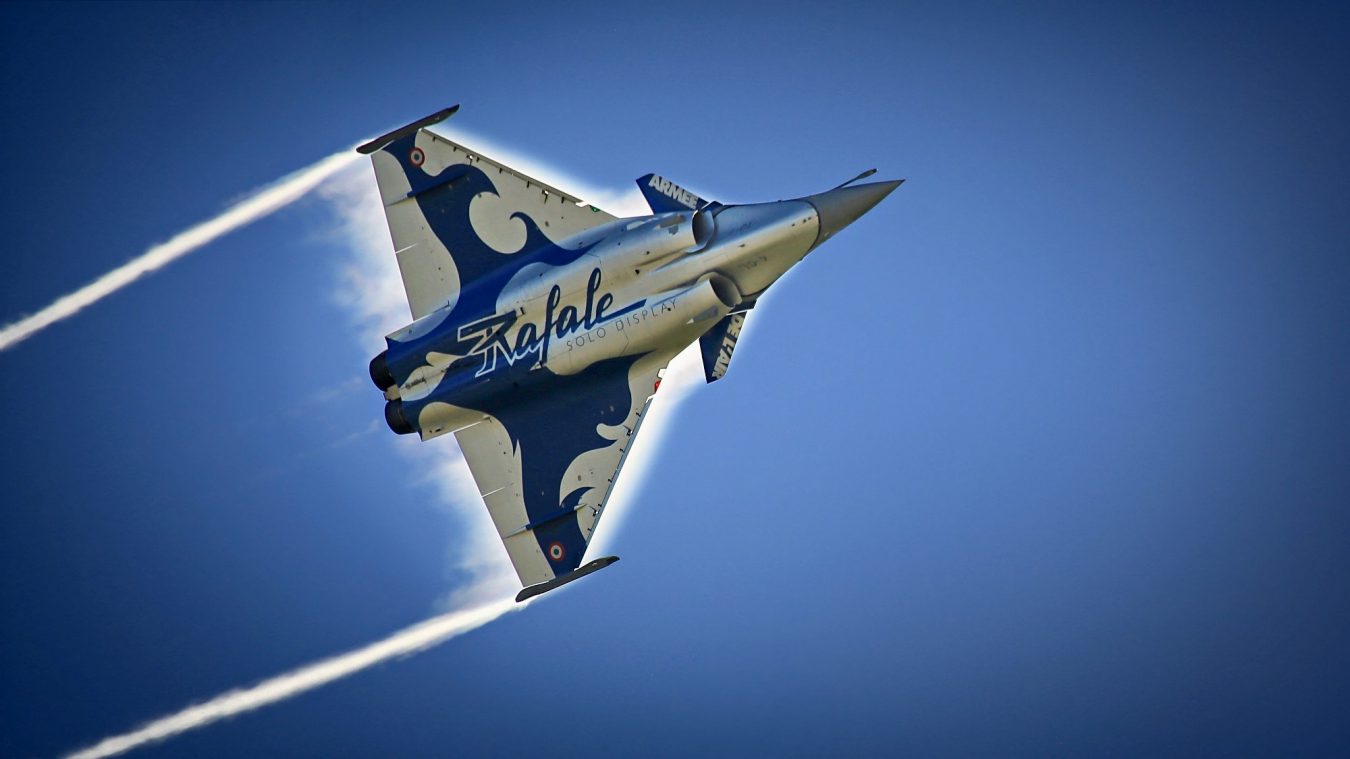
Without including orders from the US itself, Lockheed Martin has already sold close to 1,000 F-35s globally. Additionally, more orders let the US manufacturer reduce its price, which Dassault Aviation cannot achieve.
According to Dassault Aviation’s official terminology, both aircraft fall into the same market segment: multi- or “omni-purpose” fighter jets. They can achieve air superiority, the traditional goal of fighter jets, and bombing and ground-support missions within a single mission.
However, the F-35 has a more extended range and is also a stealth fighter plane, unlike the Rafale.
The French aircraft’s primary advantage is strategic. According to Vautravers, the Rafale jet’s main selling feature is its ability to get under any potential American embargo.
If the US implements economic sanctions, it is preferable not to depend entirely on Washington for defense supplies. He claimed that Rafale, like Russian systems, allows people to diversify.
Further, the American fighter jets also enjoy political backing and influence, which has led to them winning several deals. Rafale poses stiff competition to the stealthy, fifth-generation F-35s. Last year, Dassault Aviation signed a historic contract with the United Arab Emirates for 80 Rafale fighter jets.
The final cost of purchasing the F-35As has also raised concerns from the Federal Audit Office. The government auditors issued a study stating concerns that the actual cost would exceed the estimated CHF6 billion. However, the Federal Armaments Office (Armasuisse), in charge of the acquisition, moved quickly to allay auditors’ concerns.
According to Armasuisse, the cost will be constrained by a legally binding agreement with the US government, which will acquire the aircraft from Lockheed Martin at a set price and sell the fleet to Switzerland for the same price. It indicates that all French efforts are futile now, and no concessions given to the Swiss government would change the decision in its favor.
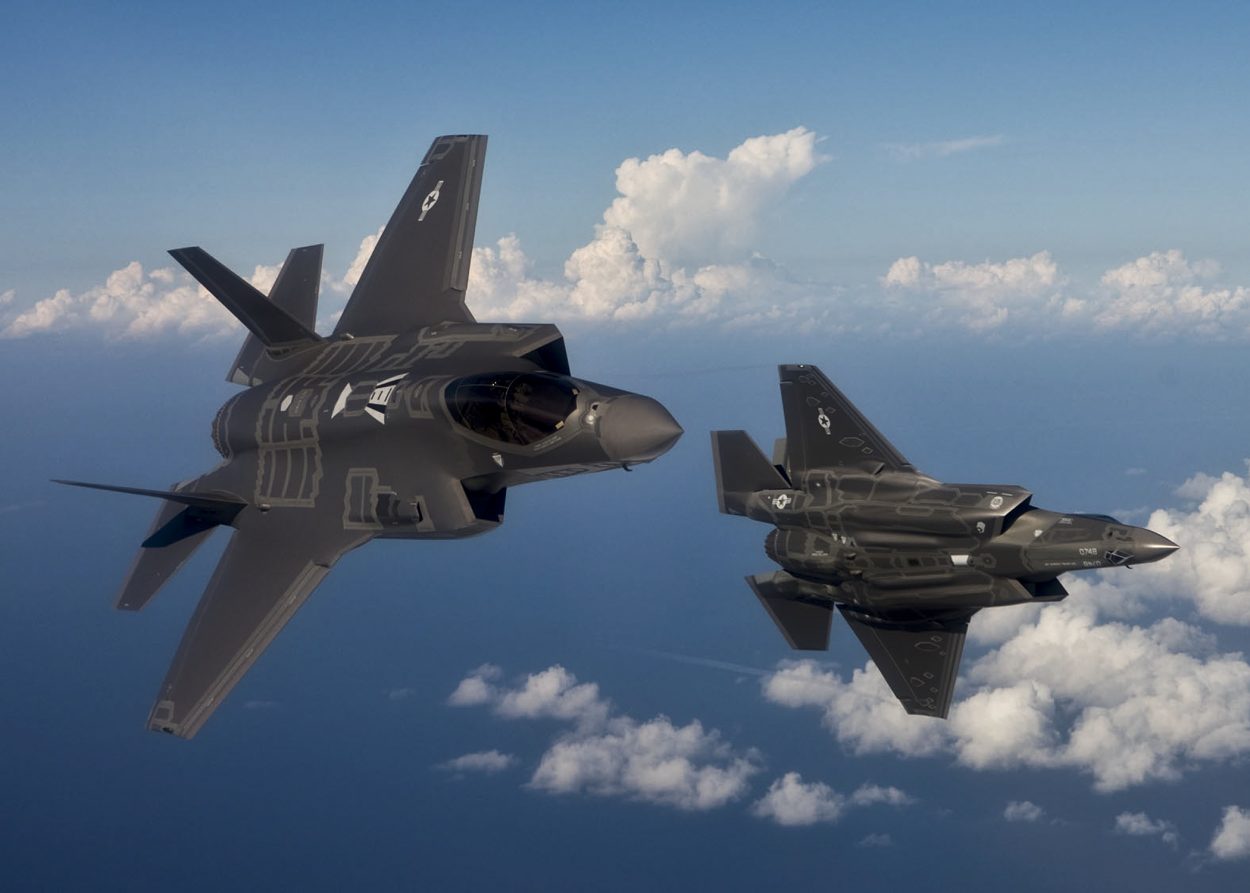
It is not the first time that the French government and Dassault have engaged in leveraging its Rafale pitch by concessions, offers, and kickbacks.
The France-India Rafale Controversy
In a three-part investigation conducted by a French media organization, Mediapart revealed in 2021 that Dassault and its affiliates paid several million euros to intermediaries in the Rafale deal between India and France.
In return for these kickbacks, the middlemen “leaked confidential information,” including crucial documents from the Indian defense ministry outlining the positions and justifications the Indian negotiating team was likely to present during the negotiations.
On its part, the Indian government led by Prime Minister Narendra Modi had been cornered by the political opposition for irregularities in the government-to-government deal and the inflated price of the 36 Rafale fighter jets for which a deal was signed in 2016.
However, the Government of India has consistently denied all irregularities, and the Rafale delivery to India is almost nearing completion.
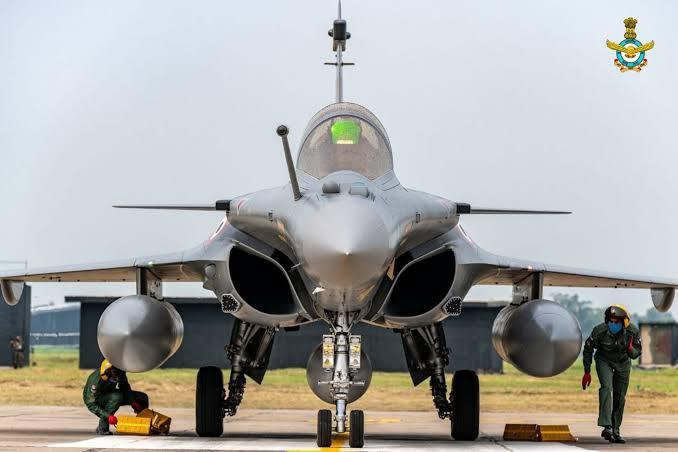
In July 2021, a French judge even ordered a “highly-sensitive” investigation into the Rs 59,000 crore deal, which created ripples in India, France, and around the globe. Even though this controversy did bring disrepute to Dassault Aviation and the French government, they have managed to sign several deals to sell their 4.5 generation fighters.
As the competition becomes more intense and sixth-gen fighters are still years away, the Rafale and F-35s will dominate the export market.
- Contact the author at sakshi.tiwari9555@gmail.com
- Follow EurAsian Times on Google News

